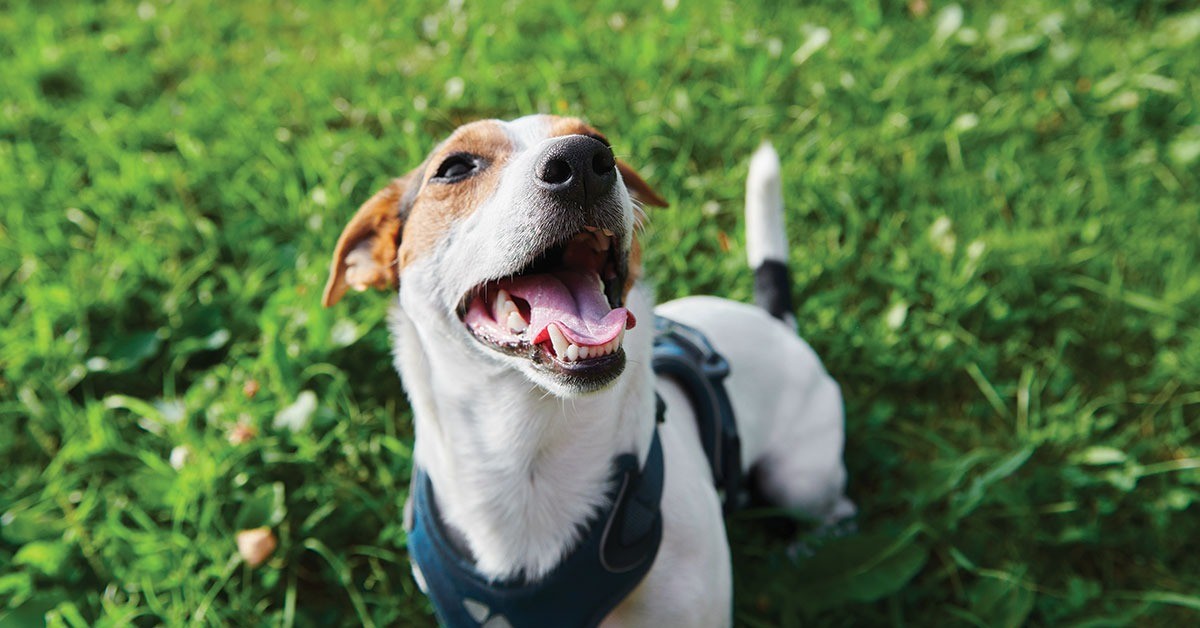February is Dental Health Month and we’re here to talk about your pet’s bad breath. Whether it’s from a human or an animal, no one wants to smell bad breath. With good habits at home and regular oral care from your veterinarian, your pet will be happier than ever with a fresh mouth! You’ll be happier when they get up close and personal.
First, let’s talk about the causes of bad breath.
- If you have a puppy or kitten at home, you have a lot to worry about when it comes to their dental health. Their teething period can be a time where you start to smell their breath more often because bacteria collects at the gumline as their baby teeth are pushed out by adult teeth.
- There are some oral diseases that can cause your pet to have bad breath. According to the American Veterinary Dental Society, 70% of adult cats and 80% of adult dogs show symptoms of oral disease. The most common oral disease presented in pets is periodontal disease – which begins when bacteria in the mouth form a substance called plaque that sticks to the surface of the teeth. Subsequently, minerals in the saliva harden the plaque into dental calculus (tartar), which is firmly attached to the teeth.
Other oral diseases include:
- Stomatitis – inflammation of the oral cavity
- Oral Masses – both cancerous and benign growths
- Gingival Hyperplasia – a condition where the gums overgrow, creating bumps and holes for bacteria to gather
- If your pet is experiencing stomach issues or has a gastrointestinal disease, expect some bad breath! If the stomach and intestines are sick, you’ll probably be smelling it in their breath.
How do you stop bad breath in its track? We have some tips for you!
- Brush your pet’s teeth! It’s best to start this at a young age so that your pet can get used to it, but it’s better late than never. We recommend brushing your pet’s teeth daily, and at the very least once a week.
- Find a treat that helps with plaque reduction and bad breath. It’s best to consult us first to find the right treat for your pet.
- Recently, more companies have some out with water additives that help with pet oral care, helping with their breath as well. We would love to work with you to find the best fit for your pet.
We’re here to help.
Recent research indicates that more than 85% of dogs and cats over four years old suffer from periodontal disease, a condition in which bacteria attack the soft tissues in the mouth. Even with regular brushing plaque and tartar are deposited on the tooth surface, out of sight, above and below the gumline, This often leads to gum inflammation, discomfort, and bad breath! Your pet’s dental health program begins with an annual check-up and cleaning by your veterinarian. We’re equipped with a dental X-ray unit and human dental equipment to scale your pet’s teeth ultrasonically and to give them a fluoride polish for further protection. We also have access to veterinary dental specialists for root canal therapy, tooth capping and more.





